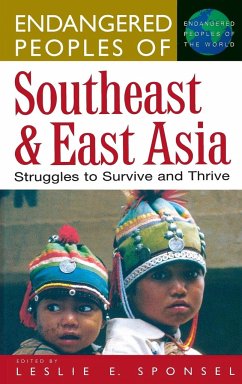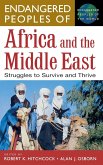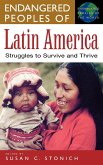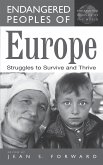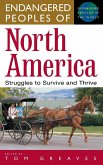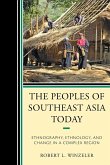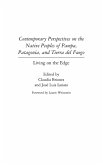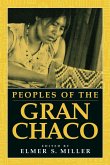The tremendous cultural diversity and distinct ways of life of many Southeast and East Asian peoples are in serious jeopardy today because of varying combinations of economic, political, and environmental threats, often linked to severe human rights violations. Endangered Peoples of Southeast and East Asia introduces 14 endangered cultures, from the Kubu of Central Sumatra in Indonesia, to the Ainu of Japan. The most pressing issues of these marginalized groups-such as the impact of tourism, prohibition against whaling, or dislocation due to nuclear testing-are brought to light by anthropologists based on their own extensive field work. The cultural and historical information provided here is not available in any other printed source. Endangered peoples of Southeast and East Asia struggle with inadequate understanding, protection, and enforcement of human rights by state governments and the international community. The volume introduction discusses the diversity, identity, ecology, spirituality, colonial status, conflicts and wars, and finally, hope for the future of people in this region. Subsequent chapters are devoted to fourteen specific cultures, including an overview of their history, housing, subsistence strategies, social and political organization, religion and world view, threats to their survival, and their response to these threats. A section entitled Food for Thought poses questions that encourage a personal engagement with the experience of these peoples, and a resource guide suggests further reading and lists pertinent organizations and web sites. As the curriculum expands to include Asian history, this unique volume will be valuable to students and teachers alike.

